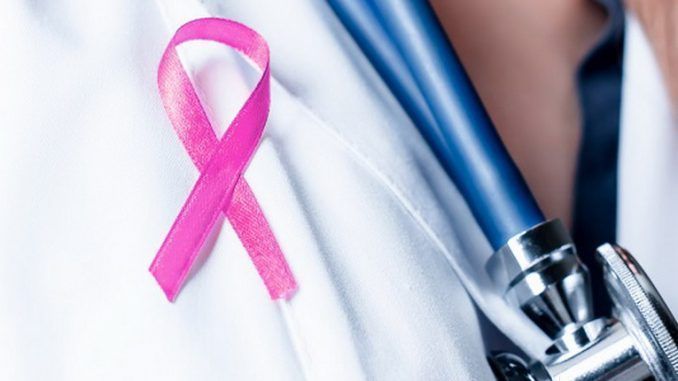How genetics influences the emergence of cancer
How genetics influences the emergence of cancer
Breast, ovarian, lung, and other malignancies are the second leading cause of death in the world. In 2015, they claimed the lives of nearly 9 million people and about 1 in 6 people die of cancer 1 . Although much information on how to put an end to this scourge is lacking, science is making great strides. Today we know much more about the genesis of cancers.
In the case of the most frequent ones, we know both the main risk factors and those that predispose an individual to their development.
An unregulated lifestyle, sedentary lifestyle and unbalanced diet are recognized cancer risk factors. Not to mention cigarette smoke and exposure to carcinogens. A healthier lifestyle would be enough to prevent about 1 in 3 cases of cancer 2 . In the other 2 cases, however? Unfortunately, some factors that predispose to cancers are intrinsic to the characteristics of the individual.
Sometimes cancer is written in the genes.
Here’s how genetics affects
A large number of studies are underway to identify genetic mutations linked to increased cancer risk. Many of these have also provided insight into how one goes from mutated gene to cancer.
Each of us has genes that regulate cell proliferation so that tissues are able to renew themselves. In some cases, these genes have mutations that hinder the process. Cells begin to divide uncontrollably and form masses, which hinder organ function. These masses are the cancers.
When Cells Gone Mad Move to Neighboring Tissues and Colonize Them, We Speak Instead of Metastasis. In this case, The Tumor is Called Malignant 3 .
Some Genetic mutations Are sporadic; Others Are Heritable. The Main Ones Known to use Those Affecting the Genes APC (Colon Cancer), RB (RetinoBlastoma), BRCA 1 and 2 (Breast and Ovarian Cancer). The presentce of these Genetic Mutations Incaases The Risk of Getting Sick At a Young Age. In addition, mutation-relateD Caners Are of of Multiple and Located in Different Body Districts 4 .
Breast Cancer Risk
In the case of the Two Brca Genes, the presentce of mutations Incaases Breast Cancer Risk by 87 percent and Ovarian Cancer Risk by 40 percent 5 . Genes are linked to cell cycle control, and mutated versions of them are hereditarily transissible. If there are cases of breast ovarian cancers in the family, it is possible that they are linked to a genetic mutation. Fortunately, there are genetic tests.
the BRCA Source Test Is used to detect possible BRCA gene mutations from a few drops of blood. It is a test with a high degree of reliability, recommended especially in cases of suspected familiarity with breast and ovarian cancer. In the case of a positive test result, the best thing to do is to consult a specialist to be advised on a personalized treatment or preventive plan.
